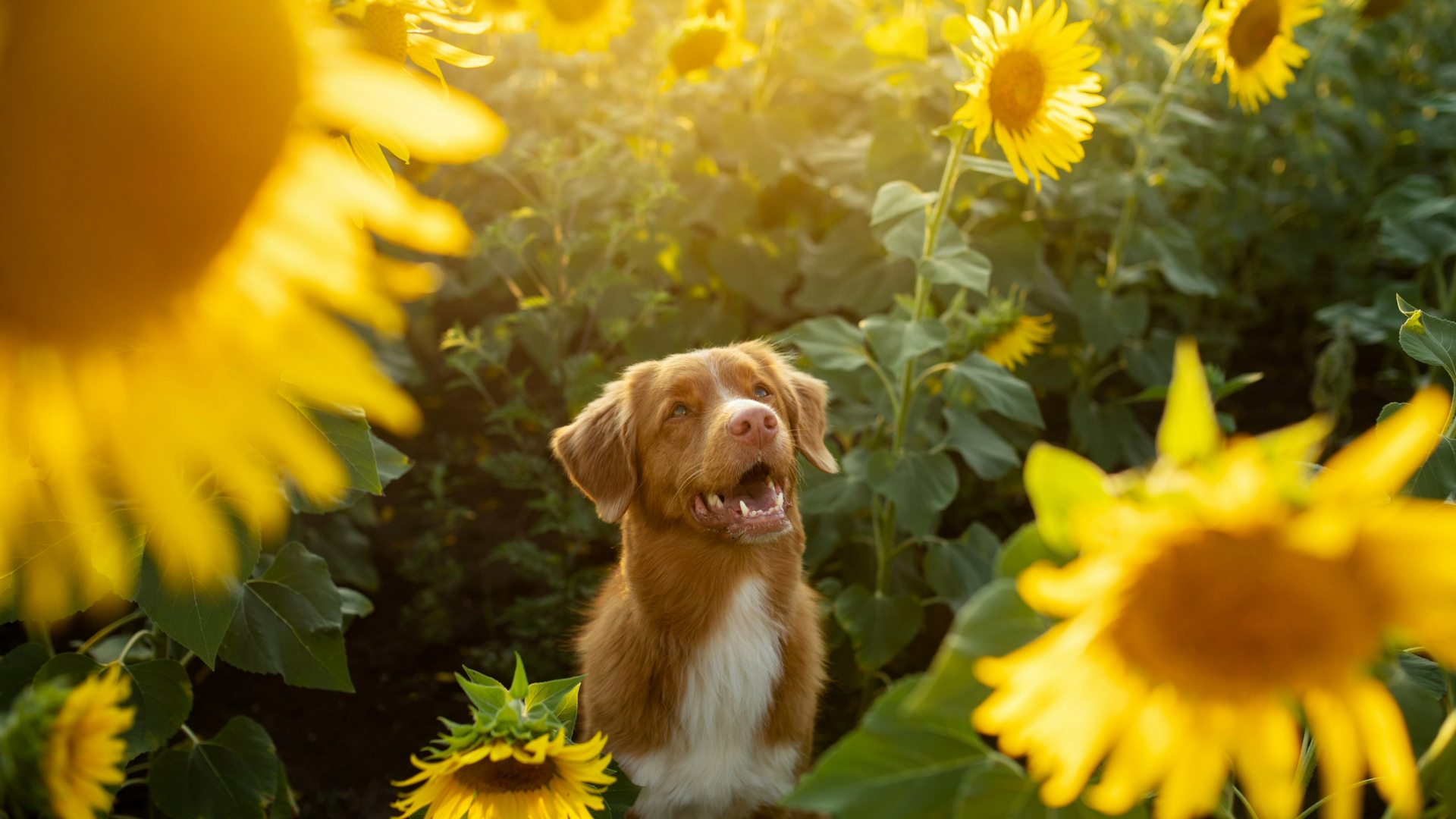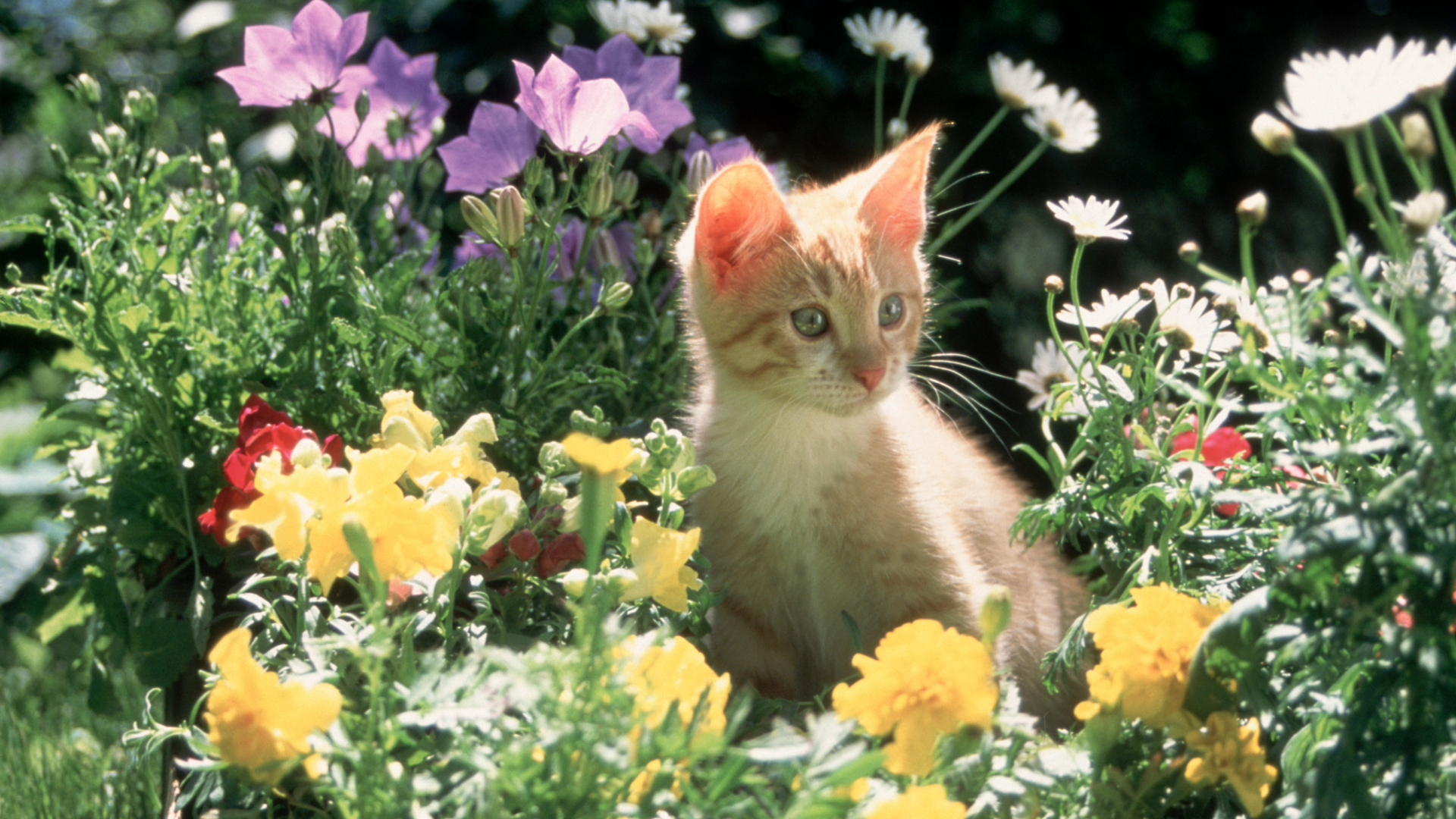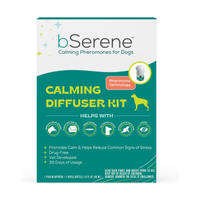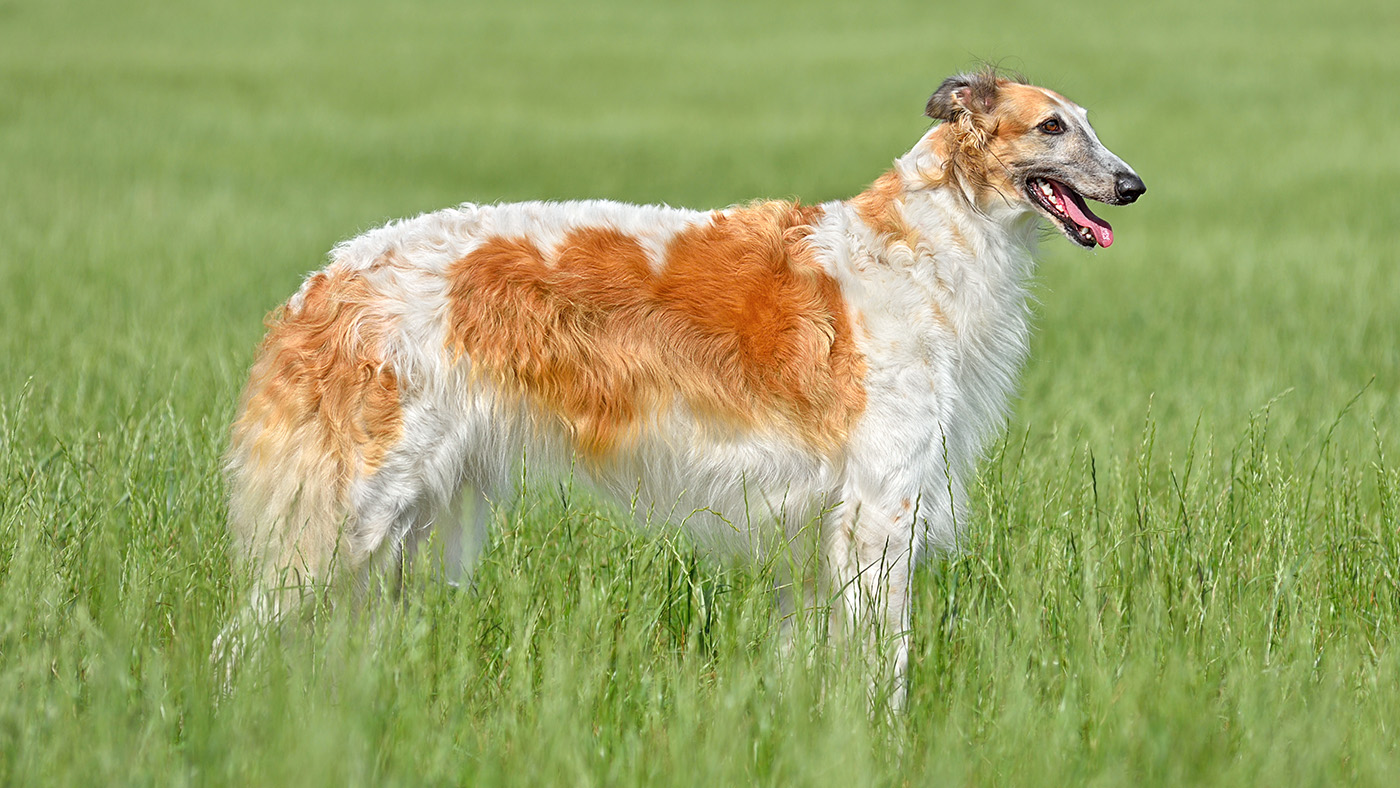5 tips for keeping your pets stress-free this spring, according to a vet
Transitional seasons are hard for your pet - here's how to keep them happy.

After what seems like a never-ending winter, we couldn’t be more excited for spring to arrive. We might be looking forward to the return of sunshine, flowers, and longer days, but for our fur babies, a new season can cause their stress levels to spike.
You might be wondering why anyone would feel stressed about these wonderful things, but this transitional period can be a tricky time for them. It can disrupt a number of things in their routine, like their feeding times and walking schedules. We also tend to leave the house more when it’s warmer outside, meaning your pet has more time alone.
If your pet has everything they need (like the best dog food or best cat food), but they still seem stressed or anxious, then you might feel a little confused. Well, this might be down to the change of season and everything that comes with it. However, if you have concerns about your pet, it’s always a good idea to get them checked over by a vet.
The last thing we want is for our furry friends to feel unhappy, which is why Dr. Daisy May, a vet surgeon and pet care writer for All About Parrots, has shared some tips on how you can help them. She’s also explained more reasons why your pet feels anxious around this time:

1. Separation anxiety
When the weather gets warmer, we tend to spend more time outside our homes. This also means we're spending less time with our pets which can cause them to feel separation anxiety.
Dr. May suggests gradually increasing your time away, starting with short intervals. She also recommends giving them mental and physical stimulation to help with their anxiety, or using pheromone diffusers or calming supplements if needed. For more guidance on how to reduce separation anxiety in dogs, or separation anxiety in cats, these guides can help.
PetsRadar Newsletter
Get the best advice, tips and top tech for your beloved Pets
bSerene Dog Calming Pheromone Diffuser Kit
If your pooch is feeling anxious, then a pheramone diffuser might help them. It mimics the dog appeasing pheromones that their mothers produce when they are pups, making them feel calm and safe.
2. Meal and walk changes
Our schedules change in the spring - and so do our pets' meal and walk times.
Dr. May says: "Adjusting feeding times gradually can help pets acclimate to the new schedule without undue stress. Abrupt changes in mealtime can lead to digestive upset and behavioral issues. [...] Gradually adjust meal and walk times by shifting them by 10-15 minutes each day leading up to the time change."
3. Outdoor hazards
If your pet has outdoor access, then they're probably going to spend lots of time out there, thanks to the longer daylight hours.
Dr. May says: "It's essential to ensure their safety by checking for potential hazards in the yard, such as toxic plants, chemicals, or sharp objects."
4. Allergies
There's lots to love about spring, but allergies are not one of them. Seasonal allergies in dogs can cause discomfort and irritation, so Dr. May says to look out for symptoms like itching, sneezing, and watery eyes, and to contact your vet if needed.
5. Increased flea and tick activity
We're not the only ones who spend more time outside in the spring - fleas and ticks love it too. Dr. May warns that there's usually a surge in flea and tick populations during this time, so taking preventative measures (like the best flea treatment for dogs), is important.
Enjoyed this? You might also like: 12 spring plants that are toxic to dogs and how to calm a cat in high periods of anxiety.

Megan is a Staff Writer at PetsRadar, covering features, reviews, deals, and buying guides. She has a wealth of experience caring for animals, having grown up with dogs, cats, horses, guinea pigs, and more throughout her life. She studied BA Journalism at the University of Westminster, where she specialized in lifestyle journalism and was editor of Smoke Radio’s lifestyle website. Megan works alongside qualified vets and accredited trainers to ensure you get the best advice possible. She is passionate about finding accurate and helpful answers to your pet-related questions.

